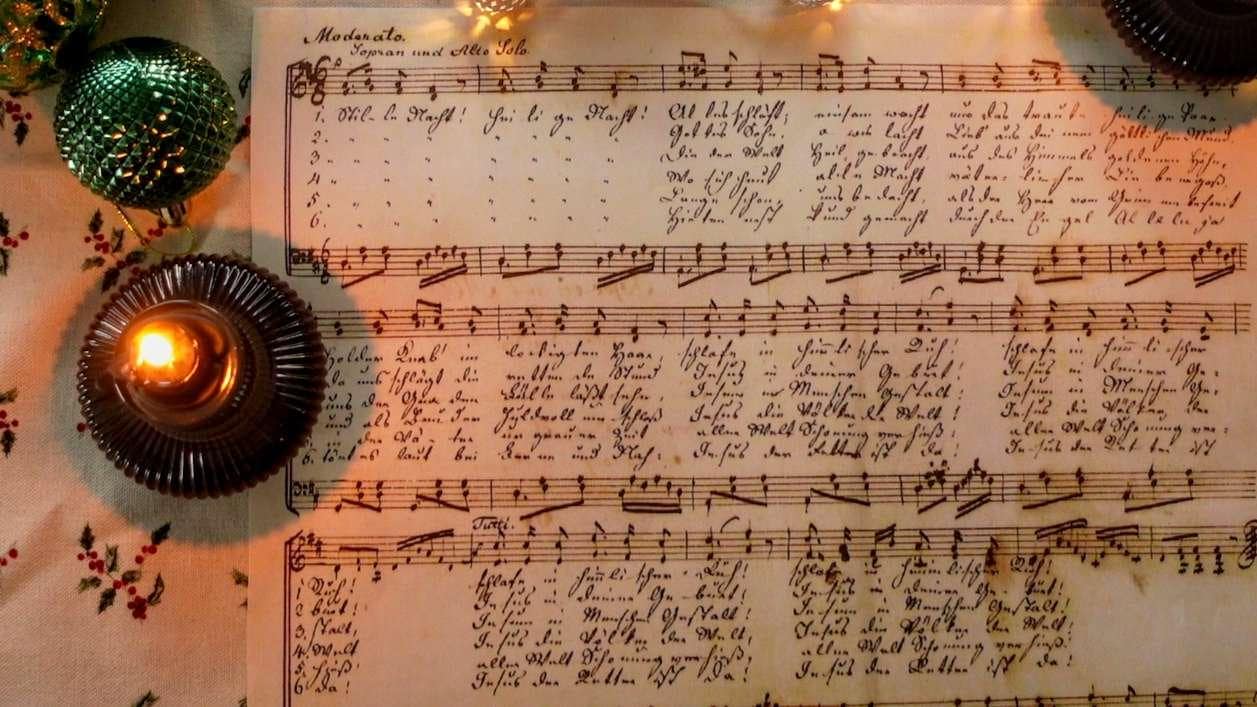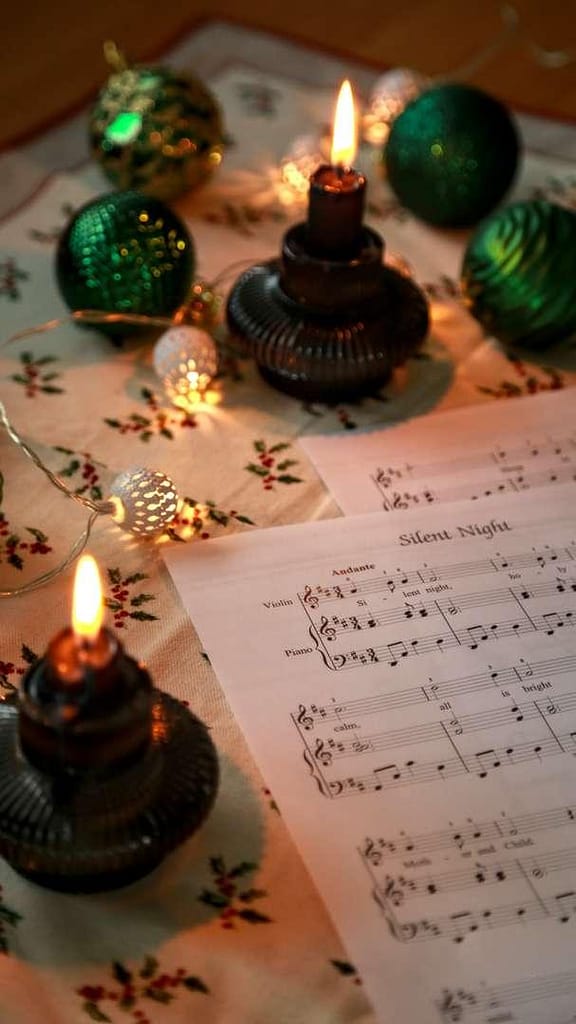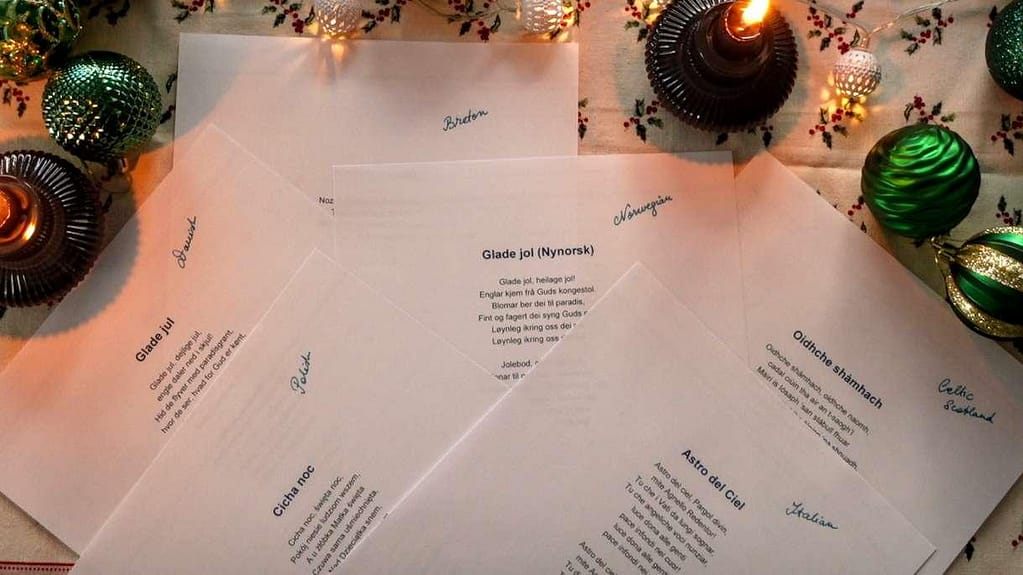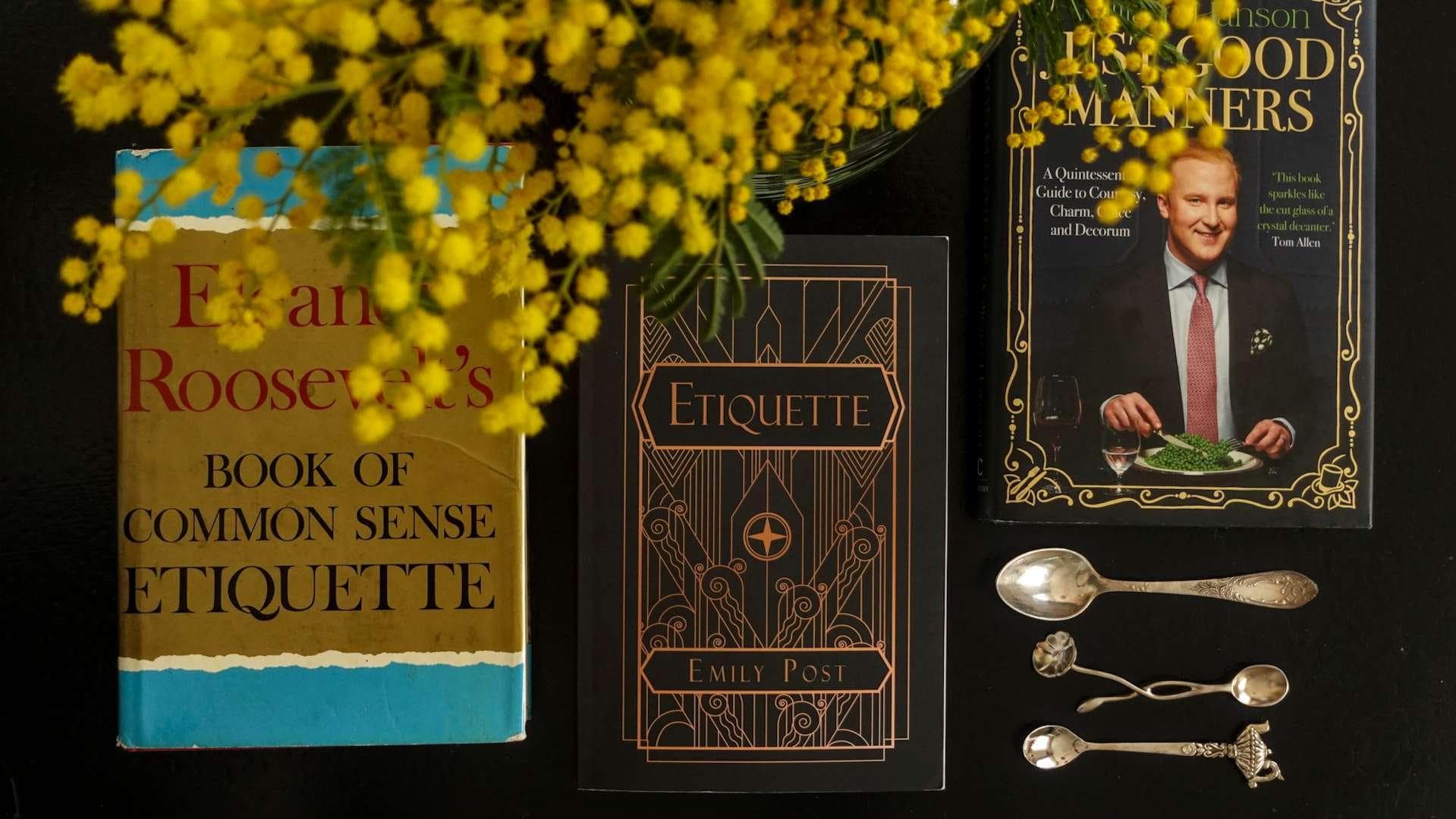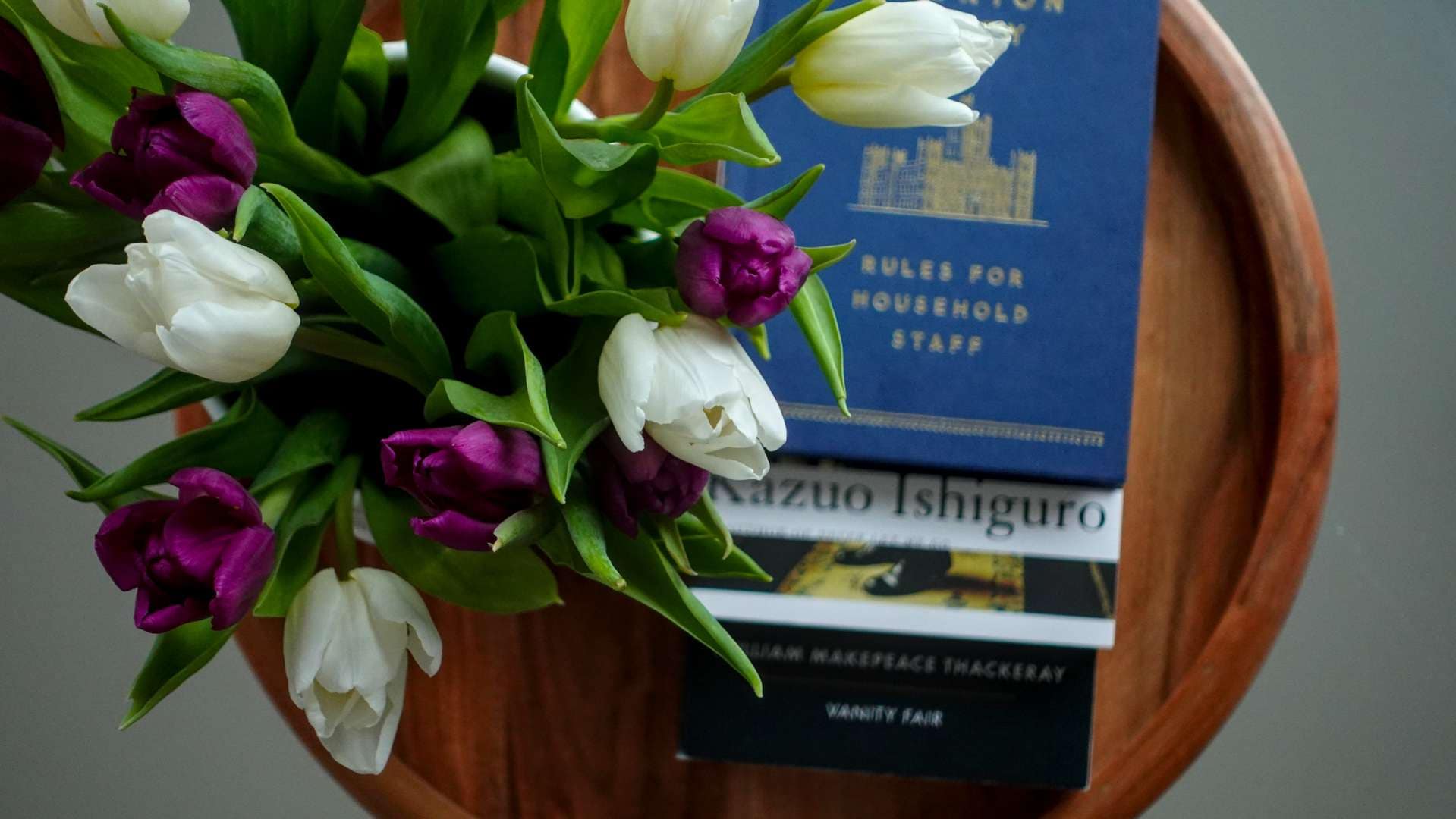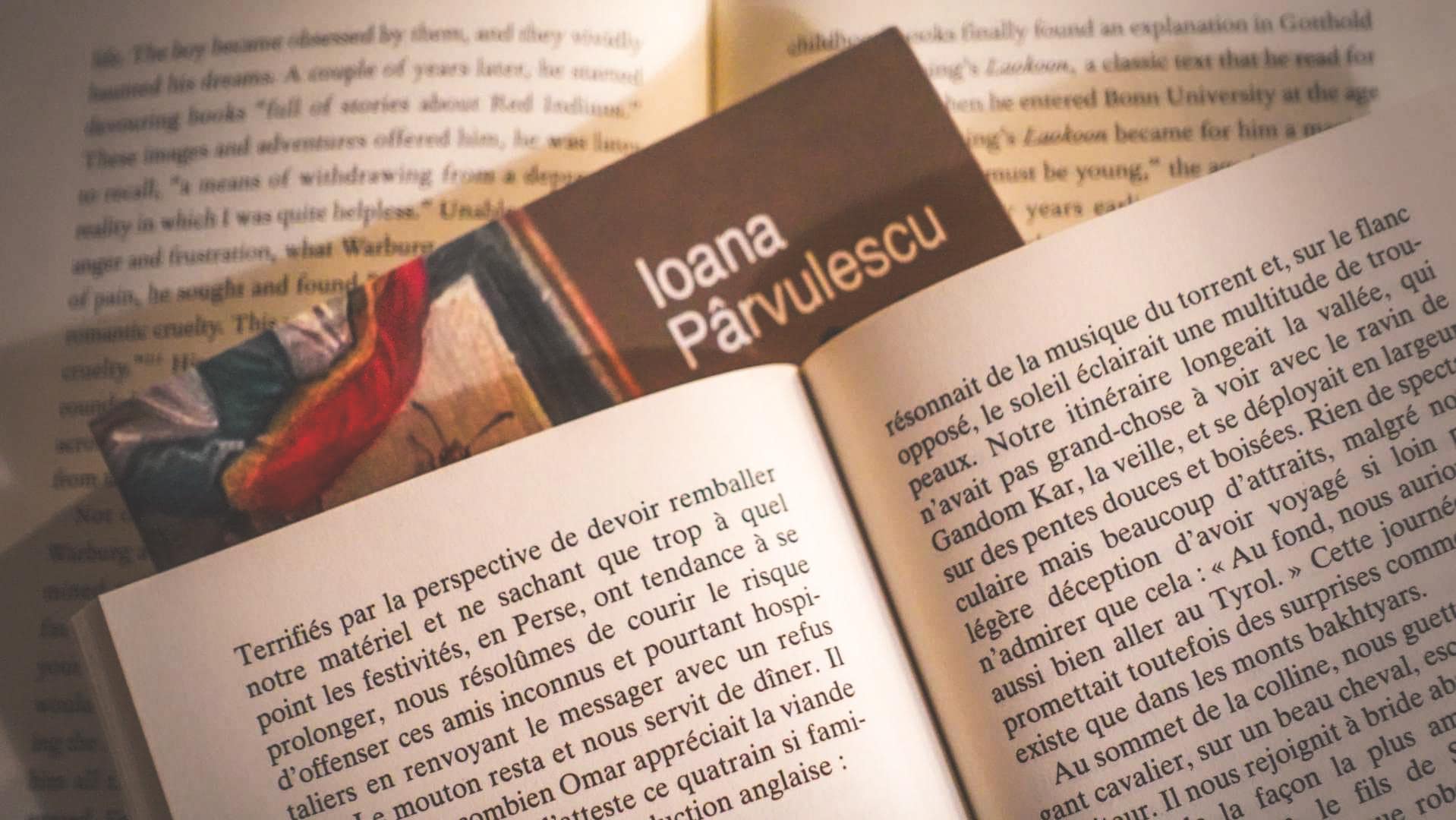Austrian Advent Calendar Day 2
Welcome to the second day of our Austrian Advent Calendar, dear friends!
Let’s talk about Christmas music.
It’s often the first element that signals the season’s arrival. Before department store windows become galleries of glitter and fantasy, before streets illuminate with twinkle lights strung from lamppost to lamppost, you’re walking through the aisles of your supermarket when either Frank Sinatra, Bing Crosby, Mariah Carey, or Elvis Presley surprises you with a few unmistakable notes that make you smile despite yourself. The season has begun, whether you’re ready or not.
One of the best-known carols worldwide, translated into more than three hundred languages, is… yes, Silent Night. This beloved hymn unites the entire globe every winter, transcending language and denomination, culture and geography. But did you know the history behind this universal carol?
Stille Nacht, heilige Nacht was composed in 1818 by Franz Xaver Gruber to lyrics written by Joseph Mohr in the small town of Oberndorf bei Salzburg, Austria. Gruber was a schoolteacher who had become organist and choirmaster at the local church—a common path in rural communities where educated men often filled multiple roles. On Christmas Eve of 1818, Mohr, an assistant pastor at St. Nicholas Church, showed Gruber a poem he had written two years earlier and asked him to set it to music.
Here’s where circumstance created magic: the church organ had broken down. Rather than abandoning the idea, Gruber produced a simple melody with guitar arrangement for the poem. That evening, the two of them sang Stille Nacht for the first time at Christmas Mass in St. Nicholas Church—Mohr playing guitar (quite unconventional for a church service at the time) and the choir repeating the last two lines of each verse.
The legend continues beautifully. The organ builder who eventually came to repair the broken instrument loved the song so much that he took it home and sang it to some traveling folk singers. Within just a few years, the carol had reached Emperor Franz Joseph of Austria and Tsar Alexander I of Russia. From there, it spread across Europe and eventually the entire world, carried by missionaries, emigrants, and the simple power of a melody that seemed to capture something universal about the Christmas spirit—peace, tenderness, wonder.
With the original manuscript lost over the decades, musicologists attributed the melody to various famous composers—some suggested Haydn, others Mozart or Schubert. The simplicity and beauty seemed to require a master’s hand. But in 1995, a manuscript in Mohr’s handwriting, dated around 1820, was discovered, confirming the story we now know: two relatively obscure men in a small Austrian town created what would become the world’s most beloved Christmas carol.
So perhaps without even realizing it, we all carry a piece of Austrian tradition with us each year. The first language I learned this carol in was English, and later French and Romanian versions followed. But as with everything learned in childhood, like a mother tongue, those earliest memories remain the most vivid and emotionally resonant. The English lyrics are the ones I prefer, the ones that feel like home when I sing them.
I would love to know: does your native language have a translation of the lyrics? While we all sing together in spirit across distances and differences, please share in the comments what your version sounds like. Does it maintain the same quiet reverence of the original, or does translation shift the emphasis in interesting ways?
Until tomorrow, dear friends—happy caroling, whatever language your heart sings in.
ORIGINAL GERMAN (First Verse):
Stille Nacht, heilige Nacht!
Alles schläft, einsam wacht
Nur das traute, hochheilige Paar.
Holder Knabe im lockigen Haar,
Schlaf in himmlischer Ruh,
Schlaf in himmlischer Ruh.
English Translation (First Verse):
Silent night, holy night!
All is calm, all is bright
Round yon virgin mother and child.
Holy infant so tender and mild,
Sleep in heavenly peace,
Sleep in heavenly peace.
VISITING OBERNDORF:
Silent Night Chapel (Stille-Nacht-Kapelle):
- Built on the site of the original St. Nicholas Church (demolished in 1913 due to flooding)
- Small memorial chapel erected in 1937
- Open year-round, free admission
- Special services on December 24th
- About 20 km north of Salzburg
Silent Night Museum:
- Located in Oberndorf
- Documents the history of the carol
- Exhibits on Mohr and Gruber
- Manuscripts, translations, and cultural impact
FASCINATING FACTS:
- Translated into more than 300 languages and dialects
- Declared an intangible cultural heritage by UNESCO in 2011
- First recorded in 1905
- Sung during the 1914 Christmas Truce in WWI trenches
- The simplicity that made people think it was by a great composer is precisely what made it so singable and memorable
Written by Alexandra Poppy
Writer, reader & curator of The Ritual of Reading
I’m Alexandra, the voice behind The Ritual of Reading. Somewhere between a stack of novels and a half-finished pot of tea, I keep finding traces of the life I want to live—slower, richer, filled with stories. The Ritual of Reading is where I gather what I love: books that linger, places with a past, and rituals that make ordinary days feel a little more meaningful. I write from Paris, where elegant bookshops and old-fashioned cafés offer endless inspiration—and I share it here, hoping it brings a spark to your own days, too.


